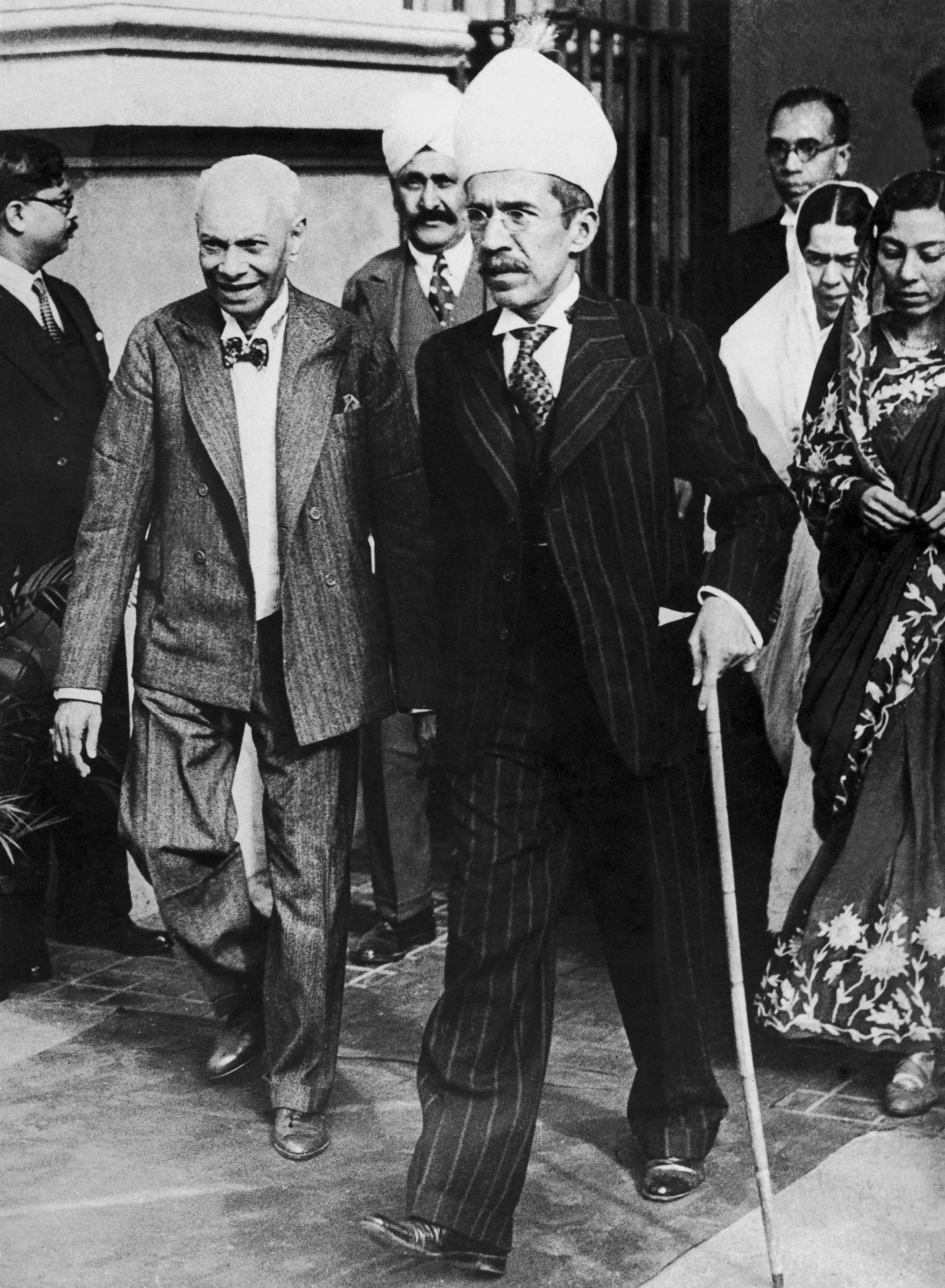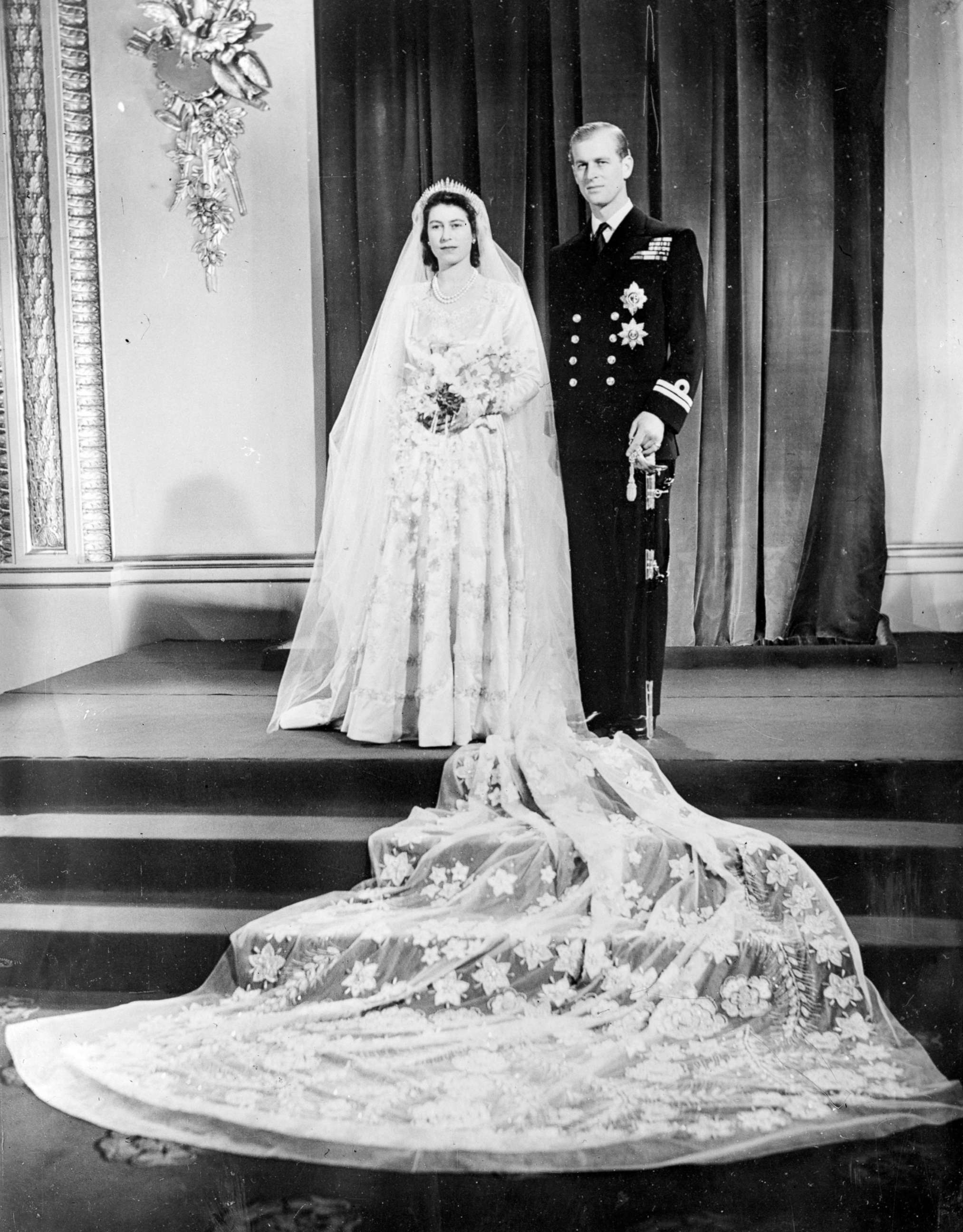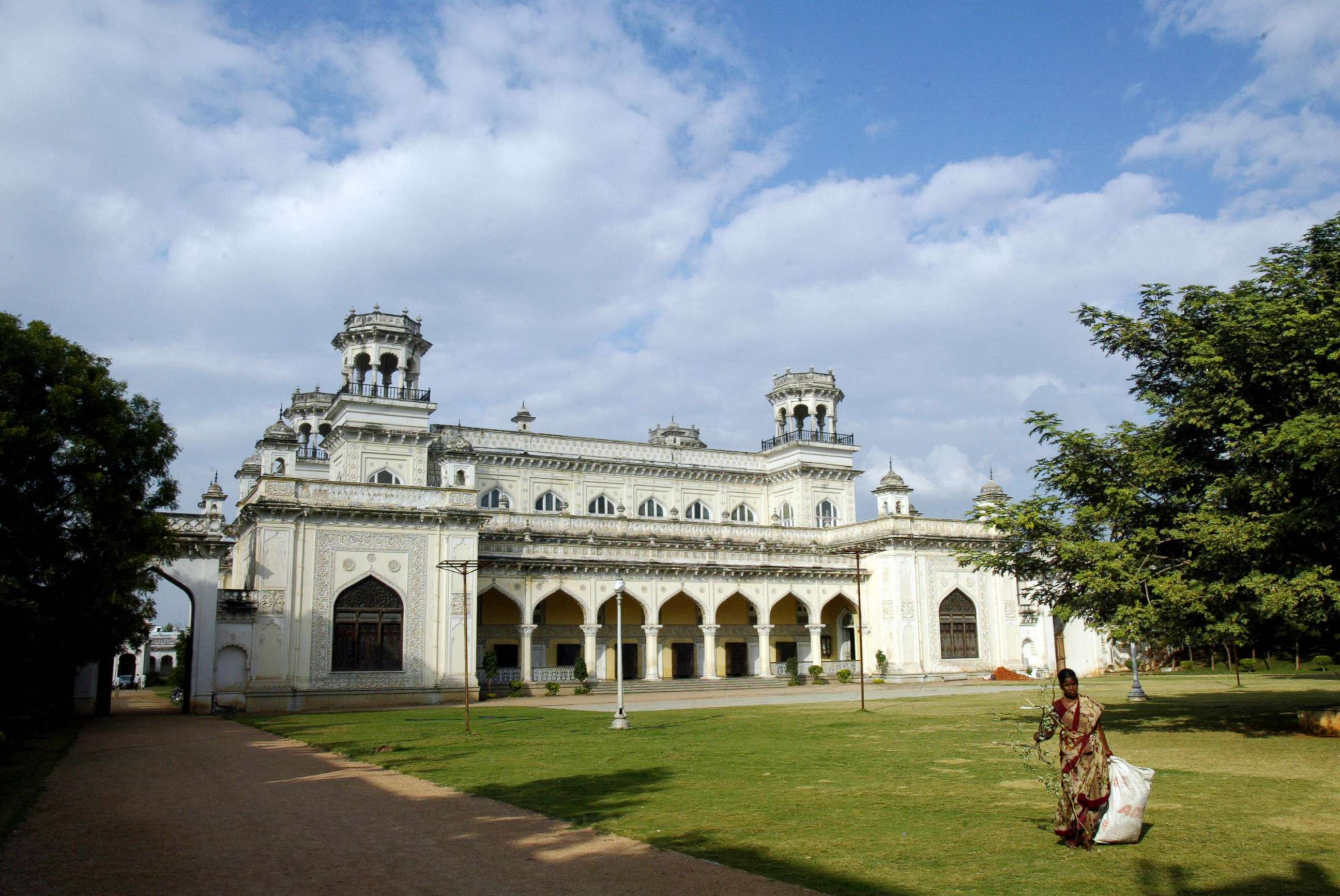Colonial-era Indian royalty and Pakistan fight in court for $45 million stashed in London bank since 1947
The judgment in this remarkable case is expected in six weeks.
Legal teams from India and Pakistan are awaiting a historic court judgment on the fate of $45 million that has been hidden away in a London bank since the partition of the two countries in 1947.
The case, which may finally be resolved in the U.K. High Court after decades of rivalry and diplomatic grandstanding, involves a $1.3 million transaction made by the Nizam Osman Ali Khan, the last monarch of the princely state of Hyderabad, to the Pakistan High Commissioner in London in 1947.

The royal Nizams of Hyderabad were among the richest dynasties in colonial-era India, known for their grand Chowmahalla Palace residence and lavish displays of wealth. The seventh and final Nizam, who in the 1940s was one of the wealthiest men in the world, gave Queen Elizabeth II a diamond tiara and a diamond necklace made by Cartier as a wedding gift when she married Prince Philip.

But in 1947, when the British Empire collapsed and the modern, independent India was preparing to take back Hyderabad from princely rule, Nizam feared for his financial interests and sent money to London for safe keeping. When Nizam asked for it back a few years later the Pakistani authorities refused.
The money has been tied up in a National Westminster bank account to this day. After 70 years of steadily growing interest, the account is now worth a staggering $45 million.
Nizam's grandsons could stand to inherit the money. However, the case is by the fact that Pakistan was helping to smuggle arms into Hyderabad before the Indian invasion of 1948, and the money could be construed as a payment for services.
When Nizam Osman Ali Khan tried to recover the funds from the bank account in the 1950s, Pakistan refused. The case then went to the House of Lords, then the highest court in the land, and Pakistan successfully argued that as a sovereign nation it could not be sued, meaning the money would be locked away, with neither party able to access it for the foreseeable future.

But in 2013, Pakistan launched a legal challenge to try and unlock the funds in order to claim full ownership of the $45 million. This, in the judge's view, waived Pakistan's right to not be sued, the current Indian legal team, led by Paul Hewitt, a partner at Withers LLP, told ABC News. An opportunity then opened up for two of the Nizam's grandsons, the eighth Nizam, 84, and Prince Muffakham, 80, to reclaim the money.
But the legal team representing Pakistan argues that "international, military and political context" makes the case more complicated.
"Pakistan had assisted Hyderabad in her attempts at self-defense against Indian aggression by arranging the supply and transportation of arms to Hyderabad," Khawar Qureshi, QC, a barrister at Serle Court Chambers representing the Pakistan government, told The Times newspaper. "[The] fog of war and the clandestine operations which it entails inevitably loom large."
A judgment in the case is expected in about six weeks.
The judge could rule in favor of the eighth Nizam or the state of Pakistan. The funds could also remain frozen in the London bank account. But after the 2013 judgment, it is far more likely the $45 million will be freed up to whomever the British High Court finally decides is the rightful owner.




